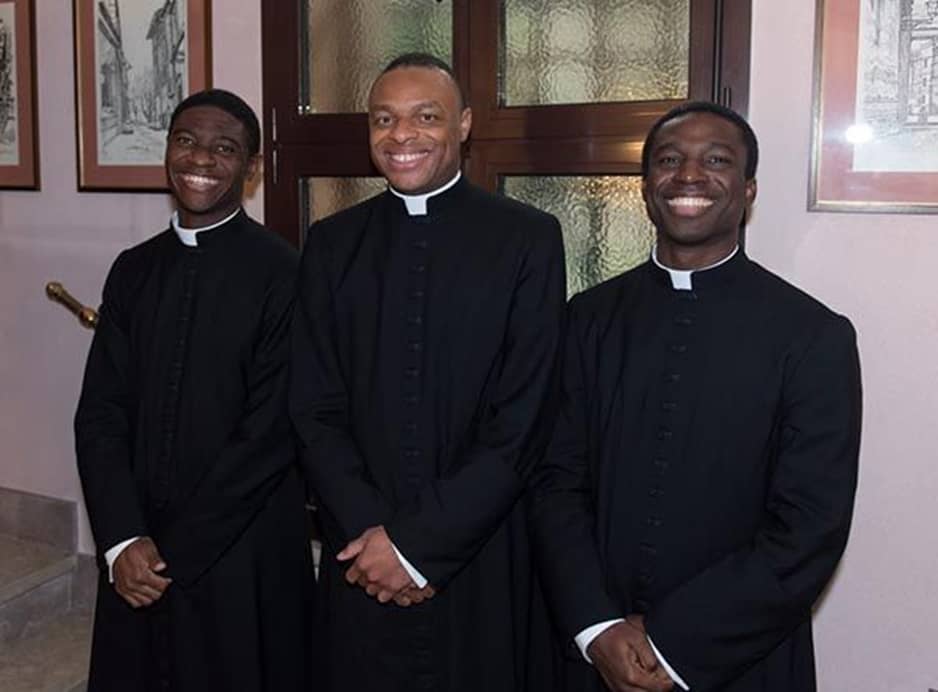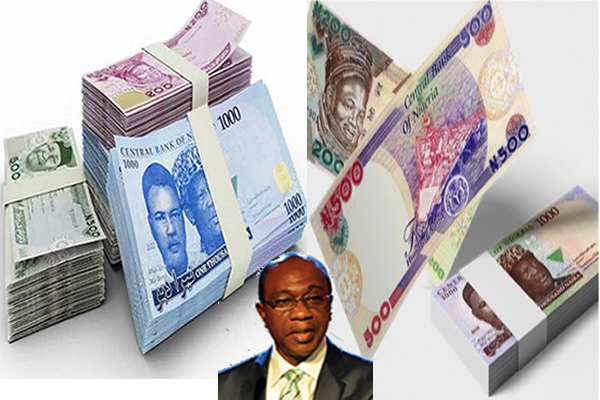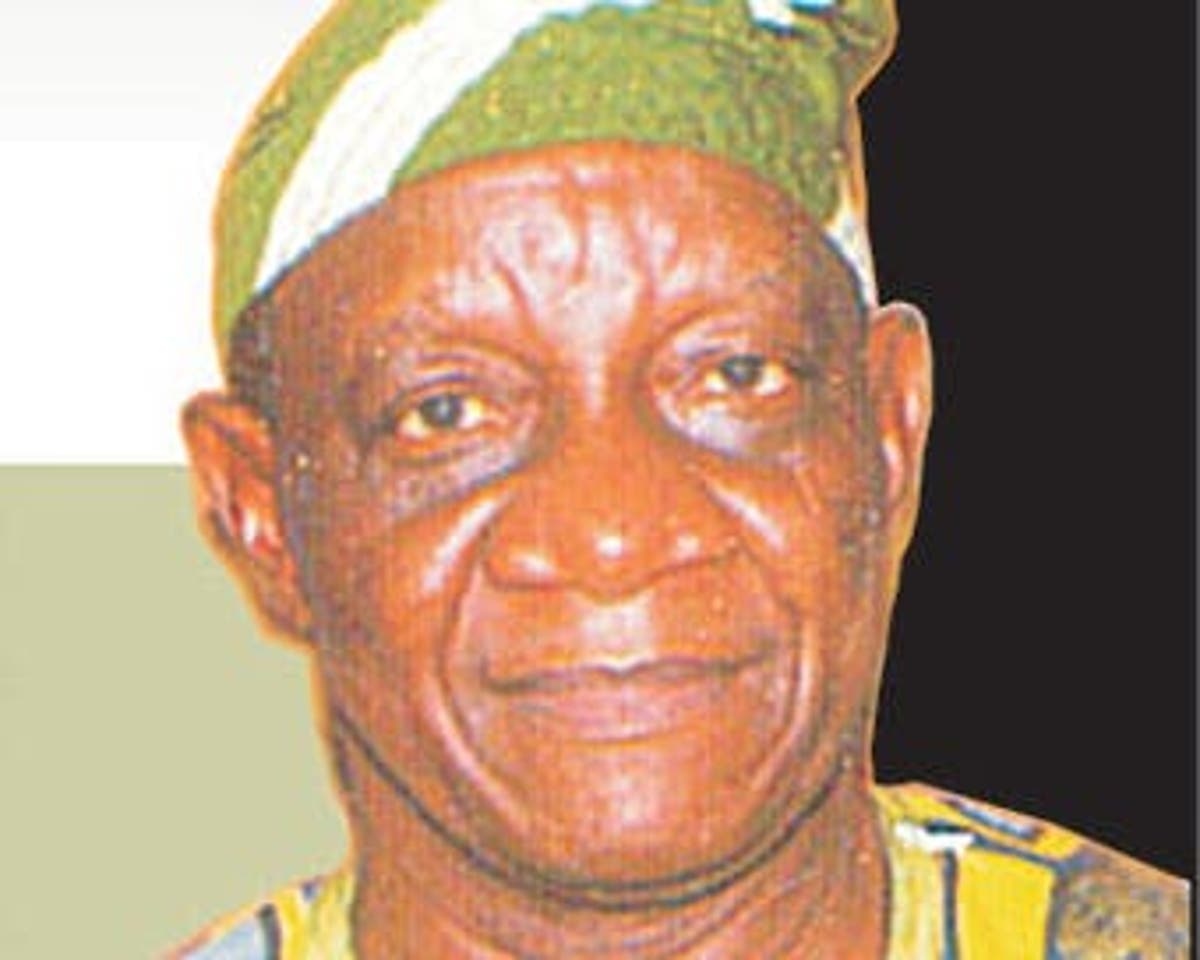By Dele Sobowale
“Diaspora cash remittances drop by 27% to $17.2bn in 2020.”
Diaspora cash flows in 2020 were bound to be lower than those of 2019. COVID-19 made it impossible for Nigerians worldwide to work; earn income and send money home. Most were living on food donations by charities or Local Governments. It is also not surprising that the fourth quarter, Q4, remittances were higher than the second quarter, Q2, and third quarter,Q3.
Many countries had relaxed restrictions and people were returning to work again. Besides, Christmas will always induce spending; and sending money home is one aspect of it. Furthermore, many Nigerians, who annually returned home for Christmas, stayed away in 2020. COVID-19 protocols in Nigeria and other countries, as well as requirements by airlines made travelling out of home base a risky proposition.
So, they sent money instead. But, it will amount to self-deception of the worst kind to assume that diaspora cash remittances will continue to climb to 2019 levels in 2021. Several reasons account for this. But, three will be touched upon.
Finally, the question can be asked: whose money is involved in the diaspora cash remittances? That is easy to answer. Southerners account for close to 80 per cent of the cash flows. Northerners bring in very little. But, the parallel market, which governments since the second military coup had nurtured, is dominated by Malas.
Central Bank of Nigeria’s, CBN, policy inconsistencies in the last year are giving people concerns. Diaspora remittances, especially those meant for investments in Nigeria require a minimum degree of predictability for them to be sustained. Without that, there will be reluctance to continue. One important aspect of policy consistency is the maintenance of CBN’s independence from political influence by the Federal Government. Every administration, if allowed, would want to use the CBN to fight its political battles. It is up to CBN, like the Bank of England or the US Federal Reserve Bank, to resist the political pressures. A central bank perceived to be too subservient to government endangers the country’s economic well-being.
It needs to be repeated that the CBN’s “post no debit” instruction to banks with respect to #ENDSARS# protesters accounts will continue to negatively affect diaspora cash remittances. I happen to know that the blunder committed by CBN had driven more young people to patronise crypto-currency. They will not return to the banking system soon. Here is an example.
INTERNET FRAUDSTERS HAVE ALSO DECAMPED TO CRYPTO
“Nigerian who defrauded US state of $8000 jailed two years, forfeits property.”
News Report, March 23, 2021.
Ordinarily, internet fraud involving Nigerians are no longer astonishing – even if a state government is the victim. What made this particular story interesting was the report which said “The convict redeemed the $8000 benefit through the Bitcoin wallet addresses he got from various crypto currency traders.”
The report tallies with reports I am receiving from my assistants at Ibadan – where the Economic and Financial Crimes Commission, EFCC, had done a great job decimating the Yahoo Boys. Despite EFCC’s successes, it would appear that the internet fraudsters are two steps ahead of security forces. CBN inadvertently played a role in the switch from remittance accounts to crypto. The closure of accounts on the orders of the Central Bank was a wake up call for the fraudsters. Thereafter, they had resolved to transfer their dollar loot to Bitcoin as soon as possible – making it more difficult for the Nigerian authorities to track them. That shift alone will reduce dollar in-flow into the remittances accounts. The CBN acted too previously by also asking commercial banks to close crypto accounts – before patiently monitoring and identifying the owners of the funds; as well as their sources. Now, nobody trading in crypto currencies will have anything to do with banks. Billions of dollars will henceforth be converted to Bitcoin without passing through the banks. That is our loss.
FORGET FDI WHEN GOVT IS WASTEFUL AND FRAUDULENT
“FG refineries earn N21bn, lose N778bn in five years.” News Report.
Imagine, if you can, a private company in which every Nigerian adult is a shareholder; and each of us paid for our shares with our own money. Imagine further, that the Chairman and Directors of this jointly owned enterprise has earned a mere N21bn in five years and lost N778bn. The first question is: how many of us will want to continue with the business? The second question is: how many of us will want the Chairman and the Directors of the company to continue to run the affairs of the company? The third question is: given that N778bn is nearly four times the amount needed to stop ASUU and the Non-Academic Staff of Universities from going on incessant strike, ordinary common sense, which apparently is not common in Abuja, would have suggested that a government which cannot adequately fund the nation’s economy has no money to spare on major losers like so-called refineries.
We might also ask a relevant question. “Who in his right mind will want to send funds to an economy whose government is so wasteful and destructive of wealth? We must assume that our people in the diaspora who work very hard for their money will continue to support a nation whose economy is managed by the worst set of destructive managers imaginable.
However, a closer look at the scam, which the expenditure on refineries have become, will reveal the underlying secret. When one asks: who benefits from this deliberate and colossal waste? The answer tells the real story — Northerners. The Buhari administration is hiding behind the refineries to transfer wealth to Northerners well-connected to the government. Buhari is not a fool. He is wilfully robbing the South to pay his fellow Northerners. He knows the refineries will never work and be profitable. But, he doesn’t care; as long as his Hidden Agenda succeeds.
Unfortunately for the South, we have the worst set of traitors in the National Assembly at the moment. They know the truth; they are too comfortable or too timid to speak out against what is essentially a rape of the South – who are paying the bills for this criminal waste of funds. The only consolation lies in the fact that irrespective of what Buhari does, the North can never catch up to the South.
WHOSE MONEY?
Finally, the question can be asked: whose money is involved in the diaspora cash remittances? That is easy to answer. Southerners account for close to 80 per cent of the cash flows. Northerners bring in very little. But, the parallel market, which governments since the second military coup had nurtured, is dominated by Malas. It has been another case of Southern monkeys working for dollars and Northern baboons “chopping” the better part. Perhaps, after sorting out the issue of herdsmen in the South, we need to regain control of Broad Street, Lagos and the Murtala Mohammed International Airport; as well as other places we take our dollars for exchange in the South. For too long, Southerners have left a lucrative trade in the hands of Northerners. We should go and get our share of the market and keep it.


